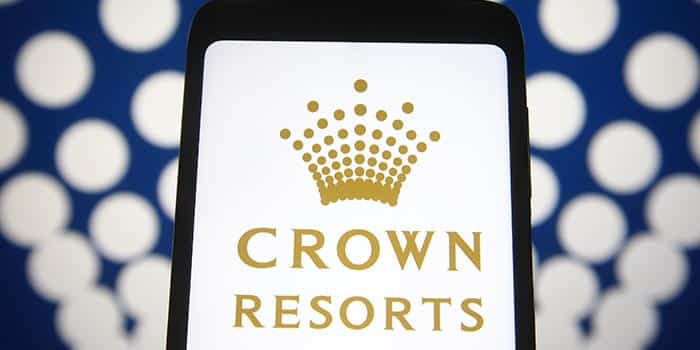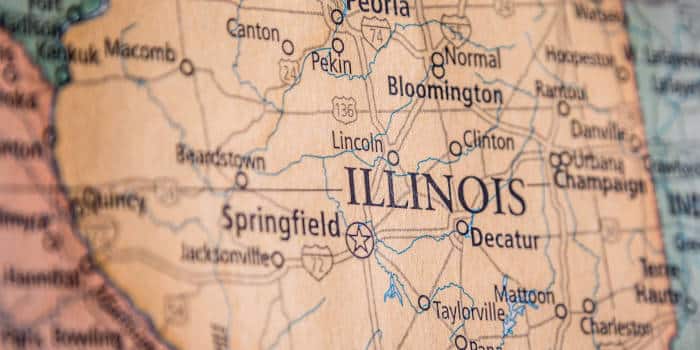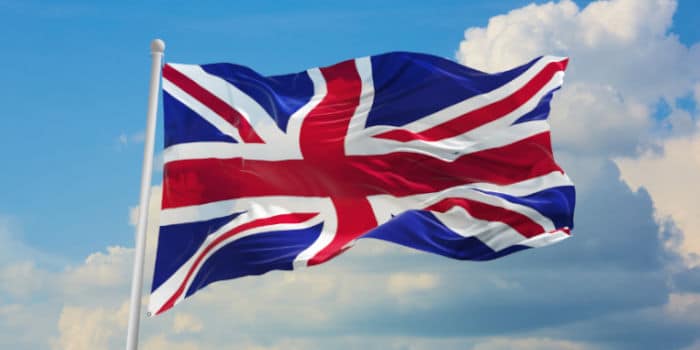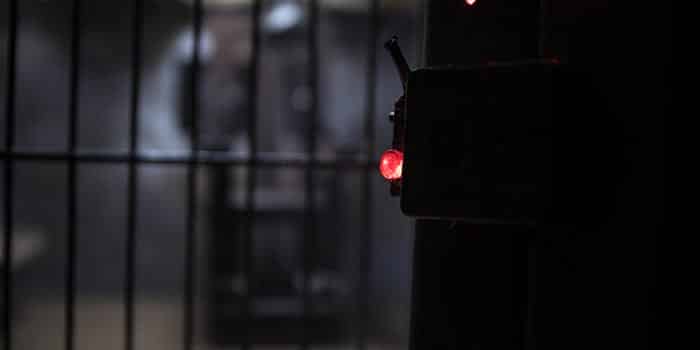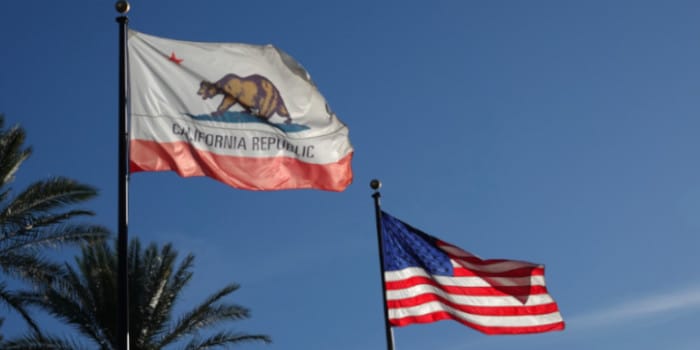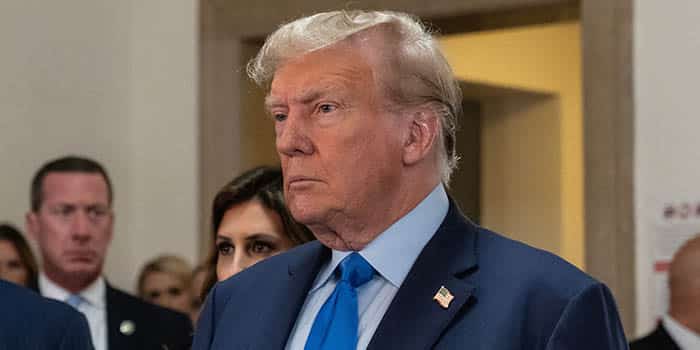- Casino
- By State
- Alabama
- Alaska
- Arizona
- Arkansas
- California
- Colorado
- Connecticut
- Delaware
- Georgia
- Florida
- Hawaii
- Idaho
- Illinois
- Indiana
- Iowa
- Kansas
- Kentucky
- Louisiana
- Maine
- Massachusetts
- Maryland
- Michigan
- Minnesota
- Mississippi
- Missouri
- Montana
- Nebraska
- Nevada
- New Hampshire
- New Jersey
- New Mexico
- New York
- North Carolina
- North Dakota
- Ohio
- Oklahoma
- Oregon
- Pennsylvania
- Rhode Island
- South Carolina
- South Dakota
- Tennessee
- Texas
- Utah
- Vermont
- Virginia
- Washington
- West Virginia
- Wisconsin
- Wyoming
- By State
- Slots
- Poker
- Sports
- Esports
Gambling Companies to Return $1.5M in Healthcare Embezzlement Case

The United Kingdom recently sentenced a general practitioner to three years and four months in prison after he had been found out to have siphoned off approximately $1.5 million from a healthcare organization to fuel his short spell of gambling.
In the wake of the discoveries and Dr Rumi Chhapia’s sentence, the gambling companies that have accepted the money have agreed to return it to the Portsmouth Primary Care Association (PPCA), which Dr Chappia co-founded and from which he stole.
His defense attorney confirmed that his client had been affected with a gambling disorder that lasted for a period of six weeks during which Dr Chappia stole money from the organization’s accounts to fund what was excessive gambling sessions.
The physician, who earned around $270,000 a year as a doctor, ended up stacking up huge bankrolls across a number of websites, hoping to strike a jackpot as he went along.
A Remorseful Gambler
It didn’t take long for PPCA employees to figure out something was amiss. Upon discovery of the missing funds, an employee confronted Chappia. He deflected the question by arguing that the missing funds must have been the work of cybercriminals when in reality he had been transferring the money to his own accounts.
Upon his arrest, the man was contrite, court documents showed, admitting his fault almost instantly. Standing trial, there was little doubt about Chhapia’s guilt, too. Judge Keith Cutler argued that the physician had betrayed the trust placed in him and called his actions to be in stark contrast with his training as a doctor.
Chappia Does the Right Thing
While Chappia would still have to serve a sentence, he took it upon himself to make amends. While awaiting trial, he sought to contact all the companies that he had gambled with and asked them to reimburse the money to the PPCA.
The companies agreed to repay the money as a gesture of goodwill, although they did not have an obligation to do. The country’s law clearly states that only funds that are knowingly accepted as the proceeds of a crime constitute an offense on the operator’s part.
In all other cases, the gambling companies are entitled to keep the money, shifting the blame back to the actual party who gambled in the first place. However, UK law is very strict about AML and KYC checks.
In other words, if there has not been enough due diligence done before accepting the money, companies would be the ones to blame. Thankfully, all companies had agreed to return the money with Chappia himself repaying $320,000 he had left.
Luke is a media graduate who is looking to build upon his experiences from his strong love of sports betting and casino games which started during his first year of college. His fresh mindset always brings new content ideas to the team and his editorial skills will continue to grow with the help of the upper management team at Gambling News.
Previous Article

Casino
November 10, 2021
Jackpocket Raised $120M to Continue Mobile Lottery Innovation

Next Article


Casino
November 10, 2021
Esports Gambling Bill Signed in New Jersey Opens a New Vertical
Must Read
Casino
July 15, 2025
Uno Is Coming for Casinos in the United States
More Articles




Industry
July 18, 2025
Carnival Corporation Becomes Member of AGA

Casino
July 18, 2025
Evolution on Q2 Results: “2025 Will Be a Great Year”

Industry
July 17, 2025
PAGCOR to Pre-Screen Gambling Ads Before Going Live


